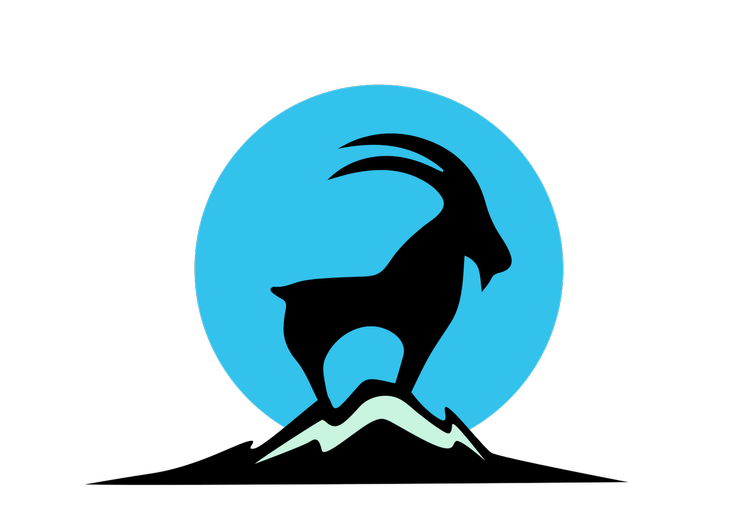How to discover what we didn’t even know we were searching for…
A couple of years ago, by a whimsical adventure with a farmer, a piece of rope, axe and a chainsaw, I learned that I could stop searching for just what I already knew… and leap forward to discover that, which I didn’t even know I could search for. That is, I broke open my own personal ‘box’.
Our minds inevitably become programmed with its own individualized patterns, vocabulary, and knowledge base starting from childhood and continuing on with what we absorb, in school, jobs, relationships. We have to form a linear way of thinking because we see ourselves as a unified ‘whole’. Our searches thus become string searches triggered from our own (limited) coded language.
But how to solve Meno’s Paradox? Socrates, in Plato’s Meno said:
"You argue that a man cannot enquire either about that which he knows, or about that which he does not know; for if he knows, he has no need to enquire; and if not, he cannot; for he does not know the very subject about which he is to enquire." - Socrates, Plato's Meno*
This paradox, and a solution to it, hit me when I was living on Ikaria Island. The electricity went down for a couple of days, and it was a cold winter day in the mountains. I wanted to build a fire and naively thought I could buy wood at a store.
The small shops and cafes in the center of the village, though dark and quiet, were open. Villagers huddled around a stove fire in one cafe. But no one sold wood. So I walked into a cafe and inquired about wood. An old farmer, with eyes as wide as an owl's and thick eyebrows to match, turned to me and grumbled, “I can get you wood. I’m going now. Come on.” I was hesitant to respond: stranger means danger. I fumbled up an excuse that I needed to get home.
But he didn’t let me off the hook. “For what?” He yelled. “There’s no electricity. You have no heat. What can you do at home?”
It was true. I desperately needed firewood.
Before I knew it, I was sitting in an old pick up truck. The farmer commanded me, “Hold this.” It was the chainsaw. At my feet lay a long rope and an axe. He rumbled the gears as we drove high up the switchback road into the mountains. We exchanged just a few broken sentences of English, while I feared I had made a bad mistake.
The farmer parked, and led me a kilometer up the island mountain, into the forest where lightening and storms had hit – shattering trees and bushes into felled wood for picking. I ran toward the largest dead trees. There was enough wood for the whole winter! But he pointed further away, toward small, twisty branches. “We want this. More heat. Better smell.”
For hours we axed and chainsawed branches into piles. I learned that there is a good dense wood (genus Arbutus) that has a beautiful raisin-colored vein inside it, and when burned it drips sizzling water like drops of blood into a fire. Its fruit is used for making jam and the strong alcoholic drink, tsipouro. The wood is also used to make flutes, and its bark sheds its skin, changing from dark crimson to green.
But how to get our wood down the mountain? I was completely perplexed, staring at our piles. The one long piece of rope was our last tool left.
Had I been left alone I would have tied a lasso and tried to drag it down the uneven mountain pocked with boulders, stone walls, jutting stumps and branches; I’d get it all tangled up like a fishing line, snap it and go home cold.
This farmer, however, knew what to do. With strong short legs and hefty shoulders, he tied the rope around a pile of branches that we stacked on an old stone wall, and then sat down himself and pulled the rope around his torso and shoulders in such a way that it created a backpack, carrying the branches inside it. Using the axe as a walking stick, he hoisted himself up, found his balance, and carried the pile of gnarly wood down the mountain better than a mule. Although I learned he was much older than I had thought, he repeated this four or five times until all our piles were loaded up onto his truck.
And so I learned, from this leap into what was not part of my own problem solving skills, not just how to find a packet of wood but how to heat my home for the whole winter. From this I made fires that I could cook meat and vegetables over…and I talked more with the farmer who became one of my close friends on the island. I also learned what BTU rates were, and how to be very picky about my wood.
So how can we search for that which we do not know?
I believe it takes a leap, a trust, a jump sometimes.
A conversation that you think you have no time for.
A hand reaching out to be led, rather than leading all the time.
A break in the patterns that we should realize have formed in us.
And sometimes reason needs to be left behind, our overworked engine turned off, so that a new wind can catch hold of our sail.
I’m not advocating encounters with strangers and chainsaws, axes and ropes, but indeed there are ways to discover what we didn’t even know how to search for.
There are ways to break out of our own personal box ... to defeat Meno’s Paradox!
------------------------
* Excerpt of Plato's Meno is from The Project Gutenberg EBook of Meno, by Plato, available here: http://www.gutenberg.org/files/1643/1643-h/1643-h.htm.

